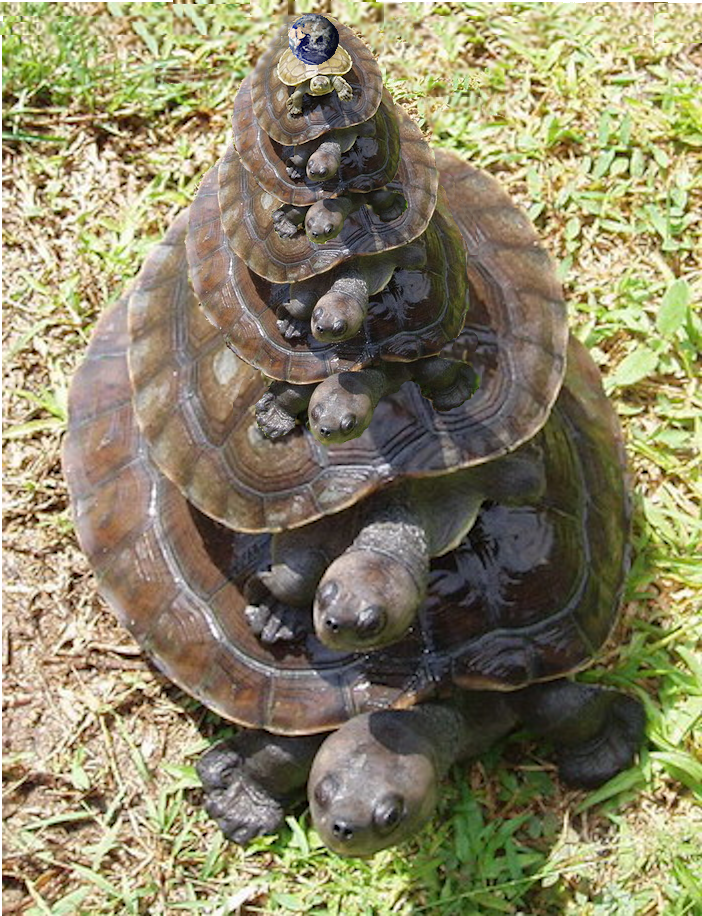
CS253 Virtual Functions
class Base { public: void foo() { cout << "β\n"; } }; class Derived : public Base { public: void foo() { cout << "Δ\n"; } }; int main() { Derived d; Base *b = &d; b->foo(); return 0; }
β
b->foo() called the .foo() method of Base. Why?
Because b is a Base *.
class Base { public: void foo() { cout << "β\n"; } }; class Derived : public Base { public: void foo() { cout << "Δ\n"; } }; int main() { Derived d; Base &b = d; b.foo(); return 0; }
β
Same result with a reference. References are just a variety of pointers, so that’s expected.
These results are unsurprising. If your pointer is a Generic *,
then p->method() calls a method of Generic.
But what if that’s not what you want? What if you have a pointer of
type Generic *, but it’s really pointing to an object of type
Specific? It can do that, if Specific is a subclass (derived
class) of Generic. You might want p->method() to call the
method of the object’s actual type, as opposed to its apparent
type.
class Base { public: virtual void foo() { cout << "β\n"; } }; class Derived : public Base { public: virtual void foo() { cout << "Δ\n"; } }; int main() { Derived d; Base *b = &d; b->foo(); return 0; }
Δ
That’s different!
class Base { public: virtual void foo() { cout << "β\n"; } }; class Derived : public Base { public: virtual void foo() { cout << "Δ\n"; } }; int main() { Derived d; Base &b = d; b.foo(); return 0; }
Δ
That’s different!
People often call these “virtual functions”, though a good O-O programmer might call them “virtual methods”. A method is a function, after all.
Not using virtual methods:
Using virtual methods:
There is, of course, a cost to all of this.
class Base { public: virtual void foo() { cout << "β\n"; } }; class Derived : public Base { public: virtual void foo() { cout << "Δ\n"; } string s; // Look--a data member! }; int main() { Base *b = new Derived; b->foo(); delete b; return 0; }
c.cc:15: warning: deleting object of polymorphic class type 'Base' which has non-virtual destructor might cause undefined behavior Δ

If a method is declared virtual in the base class, it’s
automatically virtual in all derived classes. It’s virtual
all the way down.
However, I generally repeat the virtual declaration in each
subclass to remind the reader.
|
Modified: 2017-02-23T16:15 User: Guest Check: HTML CSSEdit History Source |
Apply to CSU |
Contact CSU |
Disclaimer |
Equal Opportunity Colorado State University, Fort Collins, CO 80523 USA © 2015 Colorado State University |

|